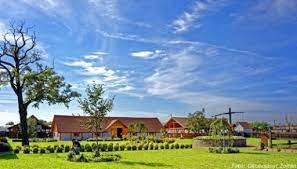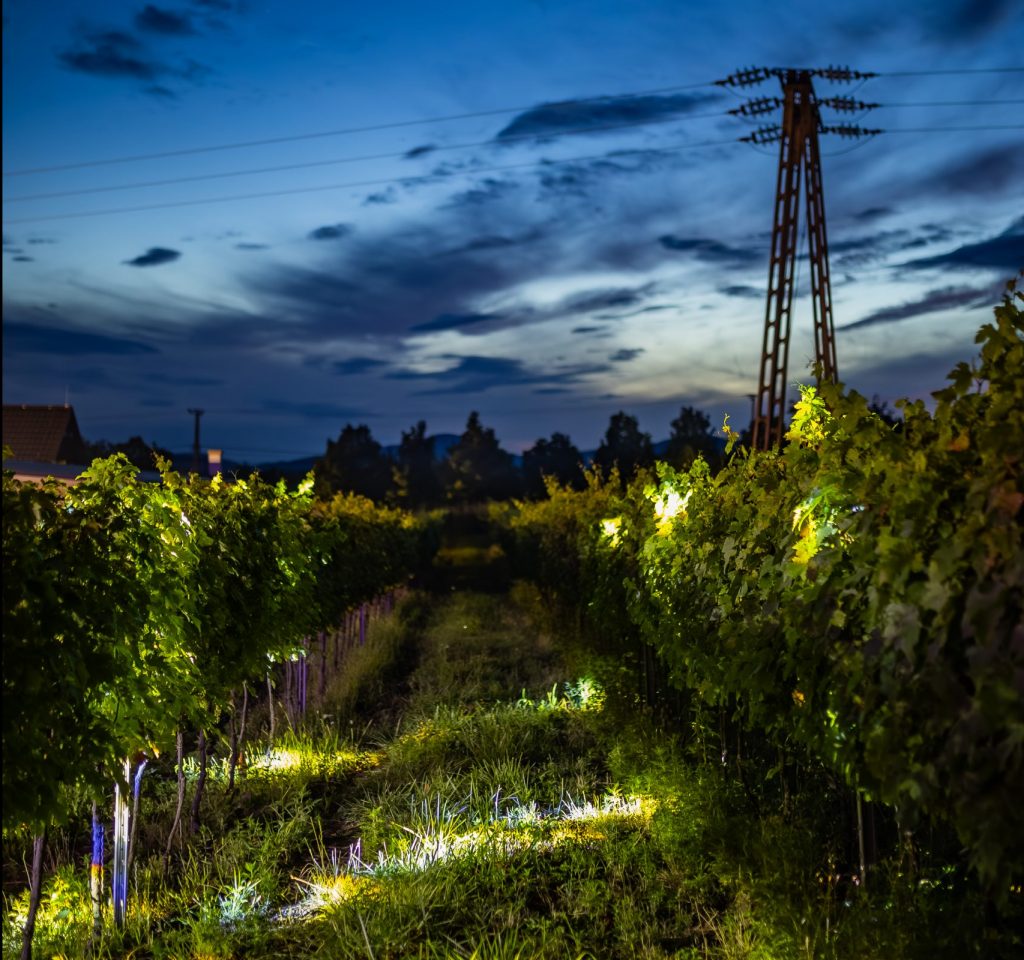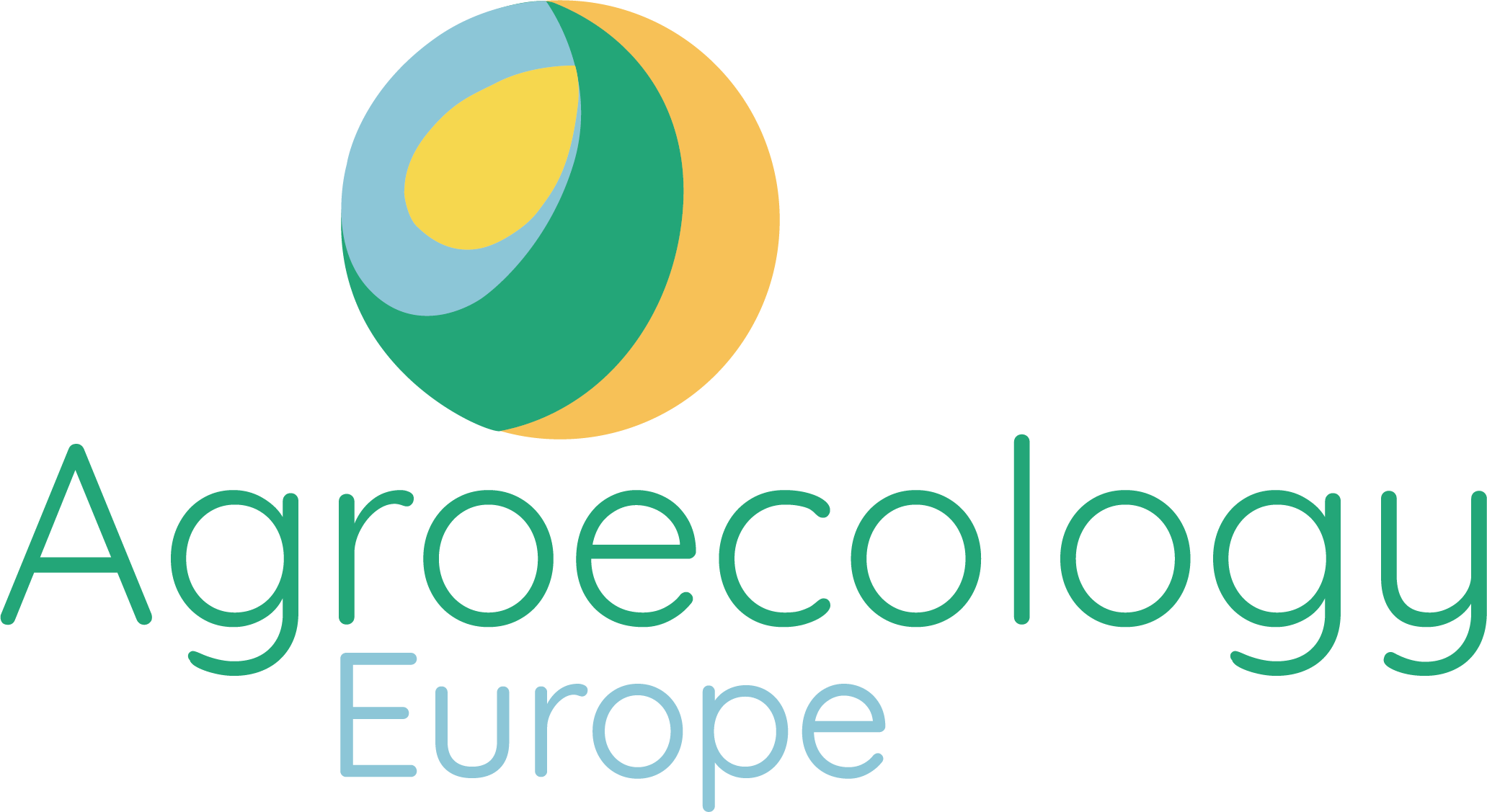Walk the talk? Getting closer to nature and understanding farmers’ priorities will come into focus on day 3 as we visit local agroecological initiatives during the first half of the day. Add this optional program at registration for a full field experience and see agroecology work in real life in Hungary!
On day 3, Saturday, 18 November, morning sessions will be dedicated to field visits. You can choose one from a varied selection of 4 options.
All visits cost €25 and include lunch and private bus transfer from the conference venue to the field and back.
To access the signup form, add the field visits when you register to the Forum!
Solo visits
The first two options include one site each, both worth visiting on their own.
National Biodiversity Center (NBC)
The NBC carries out full-scale gene bank activities. Its work covers the development of national gene bank collections, agro-botanical assessment, documentation, and publication. Their activities also include medium and long-term preservation in refrigerated seed stores, seedlings, and in-vitro cultures. The Centre organizes and manages the maintenance of domestic landscape species and local ecotypes (“in situ” or “on-farm”). They have over 56,000 different items in their collection! Parallel to this, the Centre’s activities extend to gene conservation of wild vascular plants, fruit-bearing plants, grapes, and ornamental plants.
distance from the venue: 70 km


Kendereskert (Hemp–garden)

This farm is unique as it is not a private garden but initiated, developed, and run by the local government of Hajdúnánás. Its name refers to the earlier usage of the area: for a long time it was used by hemp growers. Its production is certified organic, growing vegetables alongside indigenous animal husbandry, such as gray cattle, mangalica pigs, ducks, goose, various shepherd dogs, etc. There is also a small-scale slaughter-point connected to the farm. Besides production, the farm also serves educational purposes and can be visited by schools and individuals.
The Hemp-garden is part of a local development of a small agricultural town in East-Hungary, Hajdúnánás. As a curiosity, the town has introduced a local currency that is now used by six other cities supporting local, exchange-based economic activities.
As part of the municipality’s efforts to promote locally grown organic vegetables and healthy diets, they use the produce for school lunches. The local government believes that the best way to support this way of farming is to make it available to people in practice.
distance from the venue: 140 km
Visits with multiple locations
These combined visits each include two smaller, private farms located in close proximity to each other.
Ecological vegetable gardens in Zsámbok

Zsámboki Biokert (Zsámbok’s Organic Garden) is a 3.5 hectare organically certified bio-intensive market garden in the village of Zsámbok, Hungary, in operation since 2010 and established by Matthew Hayes. The farm includes a one-hectare outdoor vegetable production area, a 3,000 m2 orchard of about 100 heirloom fruit trees, 2000 m2 of unheated polytunnels, and three hectares of pastureland. The farm offers seasonal produce through a weekly organic box system and has been a mainstay of the weekly Budapest Organic Market for two decades. Team members welcome groups at the farm regularly, and educational outreach on the farm has included primary school and University groups, Waldorf schools, urban residents, the hosting of trainees, trainings, and week-long educational camps, and onsite instruction for new and experienced farmers.

The second farm, Orsiherba Biokert, is also in the village of Zsámbok. It is a new project managed by Orsolya Papp, a female farmer, who, in addition to being a gardener, is a researcher at the Organic Agriculture Research Institute of Hungary (ÖMKi). Her garden is one of the ten Magház Hubs—a reserve area for heirloom vegetable varieties. The farm is 0,5 ha and includes open-ground beds and 400 m2 of unheated polytunnels. The vegetables are delivered to two shopping communities in Gödöllő and Budapest. The farm also has educational and demonstration activities: throughout the year many students and groups visit to learn and practice horticulture.
distance from the venue: 50 km
Buffalo farm and winery

Dominium Winery is a 12-ha organic vinyard growing 18 grape varieties across the Mátra wine region. The family business has been running for 15 years, growing exclusively organic grapes and processing it through high-quality handcraft methods. The past nine years they have been selling certified organic wines grown from their own soil, renouncing all chemical pesticides, herbicides, fungicides and only benefitting from natural immune boosters for the vines. Their filosophy rests on the power of nature and symbiosis between humans and nature to produce naturally flavorful wines with the right balance of minerals. The cosy mountainside winery welcomes guests with a hotel, event venue, and wine and grill terrace.

At the buffalo reserve, visitors will have the chance to see buffaloes living in the wild almost completely undisturbed, right at the gates of West Mátra on the outskirts of Szurdokpüspöki on one of its largest plateaus. After the start of their husbandry, it soon became clear to the experts that buffaloes are outstanding at restoring neglected wetlands, overgrown grasslands, and embankments, and thus play a significant role in maintaining valuable habitats.
distance from the venue: 20 km
